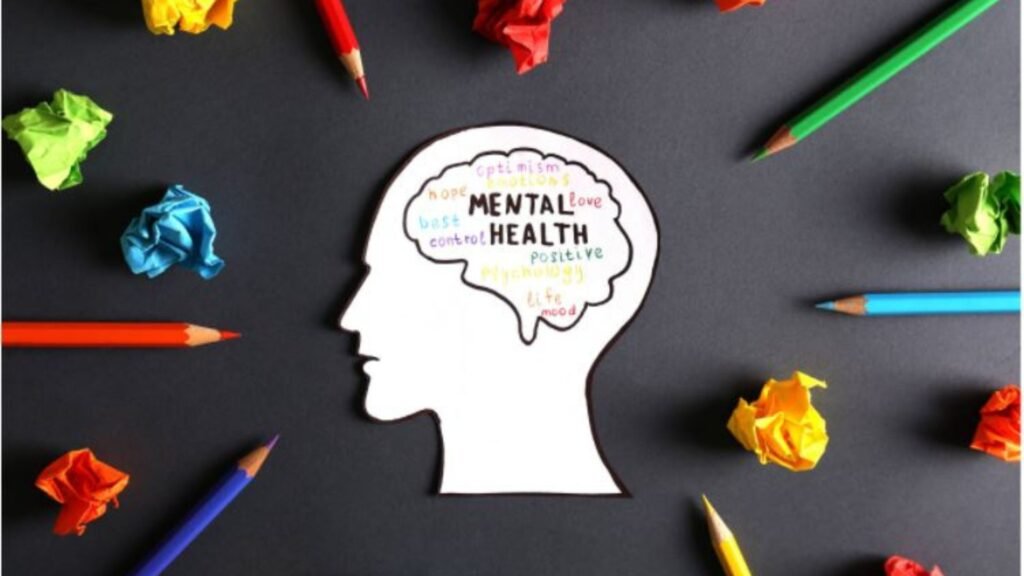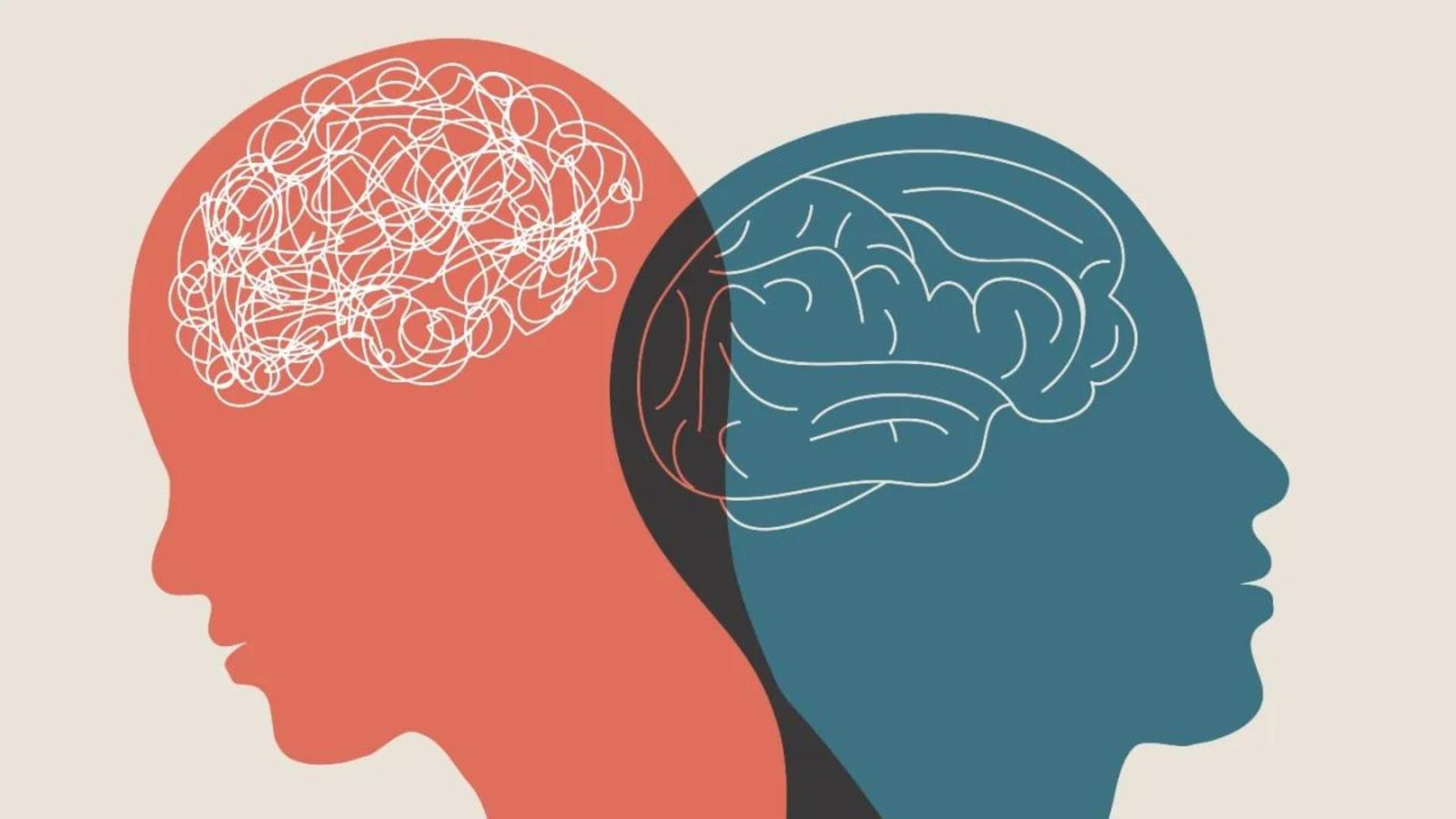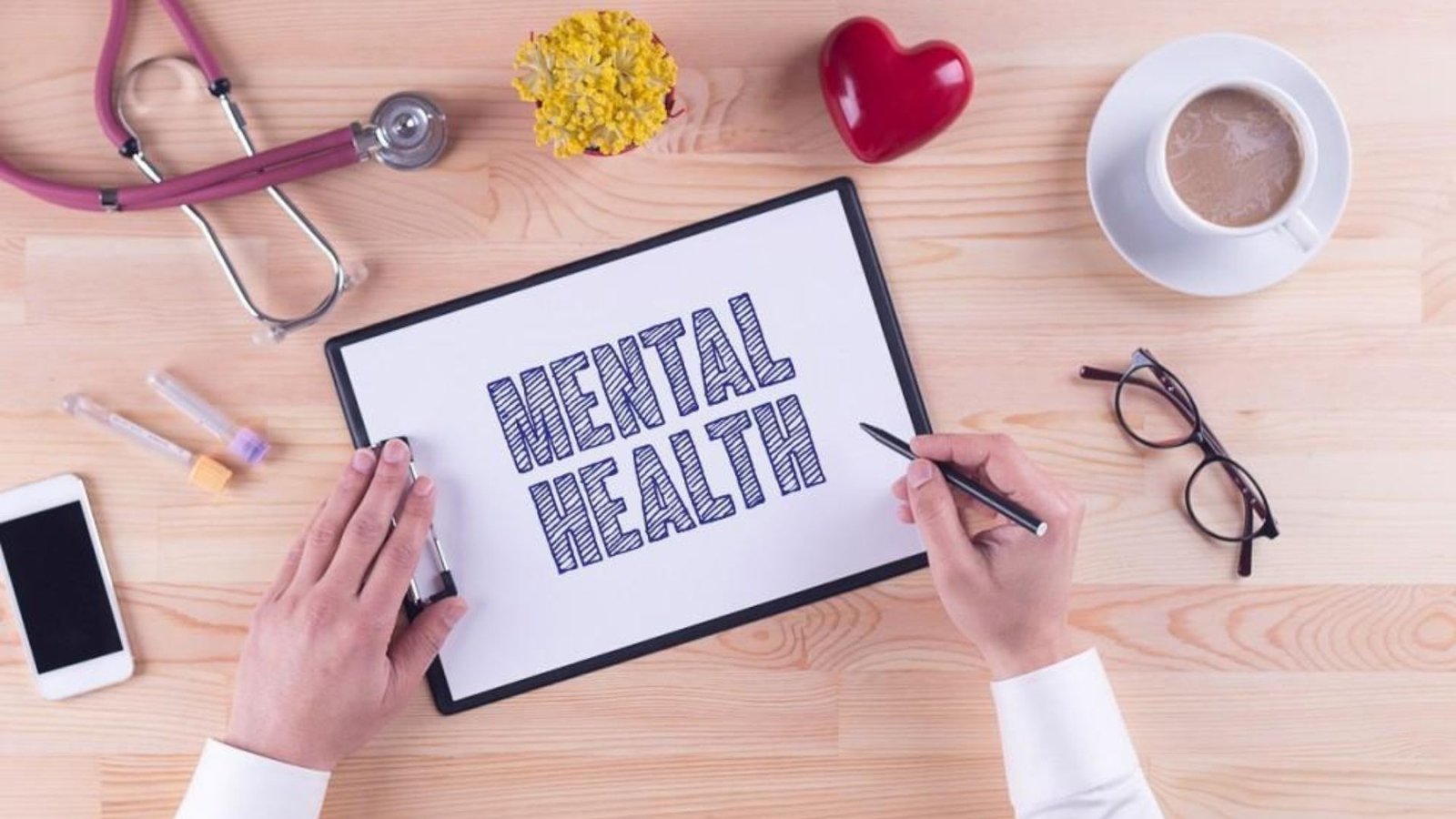Are you feeling overwhelmed and unsure about how to access mental health support? You’re not alone. Many people struggle with their mental well-being at some point in their lives, and knowing where to turn can be difficult. In this article, we’ll guide you on how to access mental health support effectively.
Understanding Mental Health Support
Before we get into the steps on how to access mental health support, it’s essential to understand what it means. Mental health support includes various services and resources designed to help individuals cope with mental health issues, from stress and anxiety to depression and more severe conditions. Knowing this can help you realize that seeking help is a positive step towards improving your overall well-being.

Identify Your Needs
The first step in learning how to access mental health support is to identify your specific needs. Ask yourself questions like:
- What am I feeling?
- What challenges am I facing?
- Do I need someone to talk to, or do I require professional help?
Understanding your feelings will help you determine the type of support that is best for you.
Reach Out to Trusted Individuals
Once you’ve identified your needs, the next step is to reach out to trusted individuals. This could be family members, friends, or colleagues who can provide emotional support. Talking to someone you trust can help ease your feelings and may even guide you toward professional resources. It’s important to express your feelings honestly and ask for the support you need.
Seek Professional Help
If your challenges feel overwhelming, it may be time to seek professional help. Many professionals are trained to assist with mental health issues, including psychologists, therapists, and counselors. To find a professional, consider the following options:
- Online Directories: Websites like Psychology Today offer directories of therapists in your area.
- Referrals: Ask your doctor for recommendations.
- Local Clinics: Look for community mental health clinics that offer services on a sliding scale.
Remember, finding the right professional is crucial, so don’t hesitate to meet with a few to see who you feel comfortable with.
Utilize Online Resources
In today’s digital age, there are numerous online resources available for mental health support. Websites, apps, and forums provide valuable information and community support. Some popular online platforms include:
- BetterHelp: An online therapy platform that connects you with licensed therapists.
- Talkspace: A service that offers therapy via messaging and video calls.
- Mental Health Apps: Applications like Calm and Headspace offer tools for mindfulness and stress reduction.
Using these resources can be a great way to access mental health support from the comfort of your home.
Join Support Groups
Another excellent way to access mental health support is by joining support groups. These groups often consist of individuals experiencing similar challenges, allowing for shared experiences and encouragement. You can find support groups through:
- Community Centers: Many local organizations host support groups.
- Online Platforms: Websites like Meetup can connect you with virtual or in-person groups.
- Hospitals: Many hospitals offer support groups for various mental health issues.
Connecting with others who understand your struggles can provide comfort and valuable insights.
Consider Crisis Resources
If you’re in a crisis or need immediate support, it’s essential to know that help is available. Crisis hotlines and services can provide support 24/7. In the U.S., the National Suicide Prevention Lifeline is a great resource, offering confidential support.
If you’re in a different country, search for local crisis resources to ensure you can access help when needed.
Advocate for Yourself
Learning how to access health support also involves advocating for yourself. Don’t be afraid to express your needs and ask questions about treatment options. Whether you’re speaking to a friend or a mental health professional, your voice matters.
Take Care of Yourself
Lastly, while seeking external support is crucial, don’t forget to take care of yourself. Engage in self-care activities like exercise, healthy eating, and adequate sleep. These practices can significantly enhance your mental well-being.
Conclusion
Accessing mental health support is an essential step in taking care of your overall well-being. Whether you seek professional help, reach out to friends, or utilize online resources, remember that you are not alone in your journey. By taking these steps, you can find the help you need and improve your mental health.




